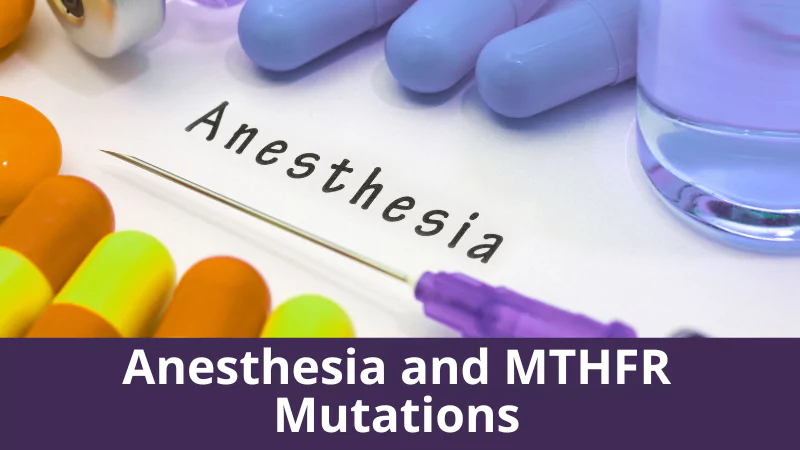
Grilled Asparagus with Warm Tomato Dressing
Ingredients: 1 medium tomato (150g) finely chopped (leave out if allergic) 1 clove of garlic, crushed 2 Tbsp fresh lemon juice 1 Tbsp finely chopped fresh basil 1 Tbsp finely chopped fresh flat-leaf parsley 125g asparagus, trimmed 25g curly endive, torn 25g rocket leaves Method: Combine tomato, garlic and juice in a small pan, bring










